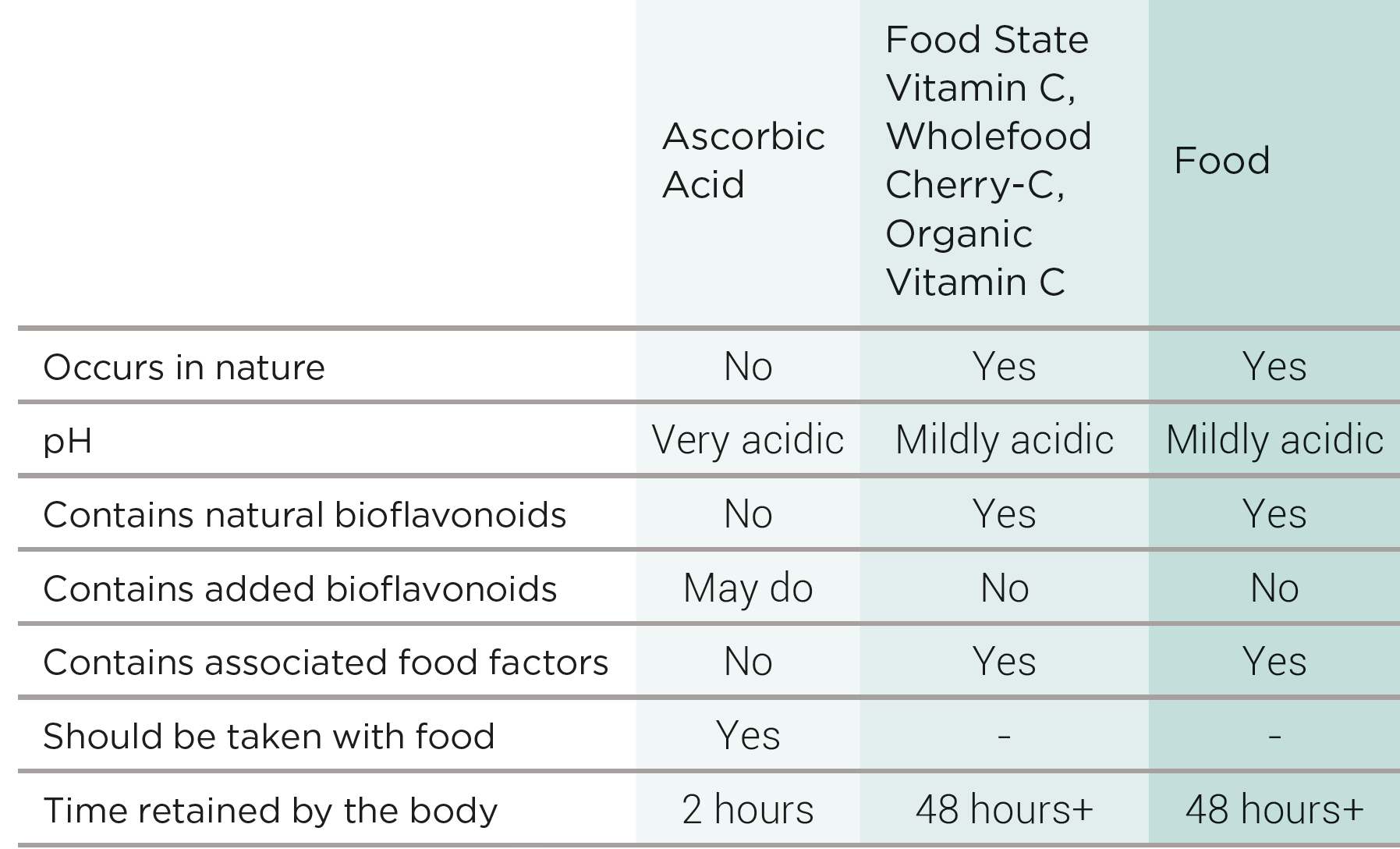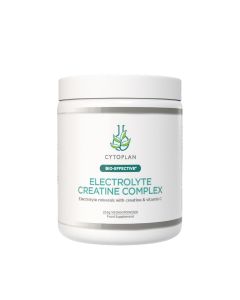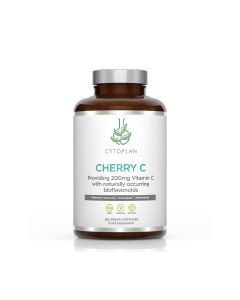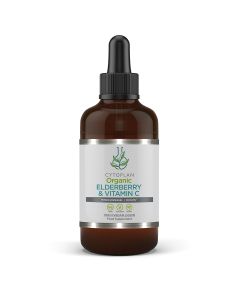How does Vitamin C support immunity and which one of your supplements should I choose?
Vitamin C is one of the most well-known and commonly supplemented nutrients. In the 1920s, vitamin C was first identified by the prospective Nobel laureate Albert Szent-Györgyi, who unravelled the role of this essential vitamin for the treatment and prevention of scurvy. Before its discovery, around 50% of sailors developed scurvy, a condition now recognised as associated with vitamin C deficiency. It was noted that scurvy could be ameliorated by the consumption of citrus fruits, especially limes, during sea voyages and so lemon or lime juice became part of sailors’ daily rations.
Vitamin C has a number of essential roles within the body. It is a powerful water-soluble antioxidant, protecting the body from oxidative damage, with a particularly supportive role for cardiovascular and cognitive health, it is important for normal energy production by supporting the mitochondria, helps to maintain skin health and is essential for collagen formation, thereby supporting the connective tissue in the body – this list is by no means exhaustive! However, vitamin C is best known for its importance to immunity.
Exactly how does Vitamin C support immunity?
Vitamin C has multiple effects on our immune system and has been shown to be supportive for several immune cells. It can help to encourage the production, as well as support the function of white blood cells, which help to protect the body against infection. Not only does vitamin C protect us from pathogens by supporting our immune cells, but it also acts directly as an antimicrobial, to inhibit the growth of unfriendly bacteria. Vitamin C has demonstrated benefits for both preventing and reducing the duration of respiratory and systemic infections.
Vitamin C occurs naturally in many fresh fruits and vegetables, with citrus fruits, kiwi, mango, strawberries, papaya, tomatoes, green leafy vegetables, potatoes and broccoli offering particularly rich sources. Vitamin C in food can often be destroyed through food processing and cooking so it can be helpful to supplement, where it is widely available in many forms. Interestingly, the vast majority of vertebrates can synthesise vitamin C from glucose, but a few mammals, including guinea pigs and humans, have lost this ability due to a lack of the necessary enzyme and therefore, humans need to obtain vitamin C from diet or supplements.
Which Supplement to choose?
Vitamin C occurs in nature as a food complex which includes the bioflavonoids hesperidin and rutin. It is these associated food factors which assist in its absorption and retention in the body. Most of the vitamin C supplements available will be as an isolated molecule of ascorbic acid – so we see that the main difference between vitamin C as it occurs in food and an isolated ascorbic acid supplement, is in its potential for absorption.
Most of the vitamin C supplements you come across with be as:
- Pure ascorbic acid (an isolated molecule)
- Ester C (calcium ascorbate plus esters – this form does not occur in nature)
- Food state or wholefood vitamin C
Do I need to take Vitamin C?
There are certain groups of people who may find particular benefit from taking a vitamin C supplement. These include:
- Those with a poor diet with little fresh fruit or vegetables
- The elderly and those dependent on institutional catering
- Smokers and those who drink alcohol
- Those with demanding lifestyles or prolonged stress
- Those who wish to maintain healthy cholesterol levels
- Athletes and those with physically active jobs
- Those who have experienced an illness or injury
- Those on certain medications such as cortisone and aspirin, as well as birth control pills which can all decrease vitamin C levels
A note on Liposomal Vitamin C
We do sometimes get asked why we don’t produce a liposomal vitamin C. The greatest attribute of Vitamin C as it occurs on nature is that it is water soluble and as an antioxidant can bind with and remove waste products of metabolism via the urine. Liposomal Vitamin C is fat soluble not water soluble and hence does have this ability.
The table below shows the essential differences between the different type of vitamin C supplements available.









